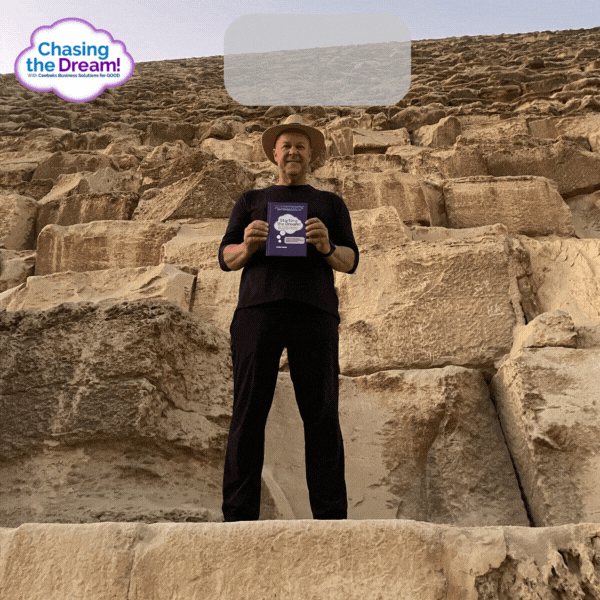Hello Chasers,
So, you’re starting a business.
Visions of champagne toasts and corner offices dance in your head.
But wait, hold your celebratory flutes! Before you launch yourself into the entrepreneurial stratosphere, consider this: understanding why businesses fail is your secret weapon.
Yes, it might sound morbid, but trust me, it’s like digging up ancient wisdom to build your modern-day empire.
Why focus on failure when success stories glitter everywhere?
Because, ignoring the pitfalls is like building your dream house on a fault line. It might look stunning, but one tremor, and down it crumbles.
Here’s how learning from failed businesses gives you a Pharaoh-sized advantage:
- Identify Your Kryptonite: Every aspiring superhero needs to know their weakness. Likewise, every aspiring entrepreneur needs to know their business’s potential vulnerabilities. Is it poor market research? A shaky financial plan? Inadequate marketing muscle? By studying past failures, you can see these pitfalls coming from a mile away and build your defenses accordingly.
- Craft a Battle-Tested Plan: Business plans are often seen as roadmaps to success. But what if you could consult a map that also highlights every dead-end and detour? Studying failed businesses gives you precisely that. You can see where others veered off course, adjust your route, and avoid getting stranded in the entrepreneurial Sahara.
- Develop Crisis Management Skills: Let’s face it, even the pyramids had their construction issues. Every business will encounter bumps. But understanding common challenges (and how others fumbled them) prepares you to face them with ninja-like agility. You’ll be able to pivot, adapt, and overcome, ensuring your business weathers any storm, be it a fickle market or a grumpy customer.
- Build Trust from the Ground Up: Consumers are wary. They’ve seen businesses rise like meteors and then fizzle out faster than a birthday candle. By demonstrating your awareness of common entrepreneurial pitfalls and your proactive approach to avoiding them, you earn trust. You show potential customers that you’re not just another flash in the pan, but a business built to last.
- Foster Innovation with Open Eyes: Failure can be a breeding ground for innovation. By analysing why specific strategies backfired, you can identify where the market shifted, leaving a gap for something new. This insight sparks creative problem-solving, allowing you to develop unique offerings that fill unmet needs and propel your business ahead of the pack.
Remember, the pyramids weren’t built overnight. They stand tall because their architects considered every angle, even the potential flaws.
Take the same approach with your business. Embrace lessons from failures, don’t shy away from them. Turn this knowledge into your competitive edge and watch your business rise, not fall, like a modern-day marvel of entrepreneurial brilliance.
So, ditch the rose-tinted glasses, grab a shovel, and dig into the wisdom of business archaeology. It’s not about revelling in others’ misfortunes, but about learning from them, building smarter, and standing the test of time.
Get a massive head start on becoming the future Pharaoh of your own entrepreneurial empire by grabbing a copy of my new book: Starting the Dream – How to Avoid a Nightmare When You Start a Business!
Have a great day!
PS – A photo standing near the entrance to the Great Pyramid of Khufu
Read more of our daily blogs for valuable insights and stay up-to-date with the latest industry news – click here to access the full article on our blog page


